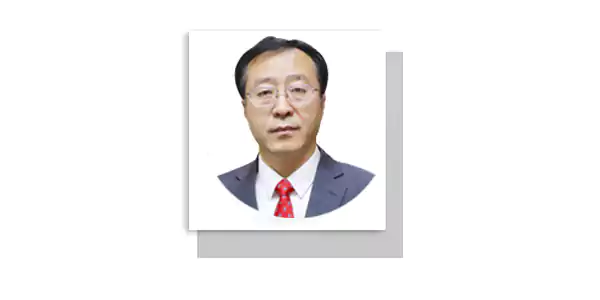Yang Yundong Chinese Consul General in Karachi
On July 1, the 78th session of the United Nations General Assembly adopted by consensus the resolution “Enhancing International Cooperation on Capacity-building of Artificial Intelligence” proposed by China and co-sponsored by over 140 countries. The resolution reflects the extensive consensus among countries on enhancing AI capacity-building and bridging the AI divide through solidarity and cooperation.
The rapid development of AI technology has a profound impact on socioeconomic development and the progress of human civilization, and has provided great opportunities for world development. In the meanwhile, AI technology also comes with hard-to-predict risks and challenges.
AI governance bears on the future of humanity and is a new historical issue common to all countries in the world. Against this backdrop, China, together with other members of the Core Group, jointly submitted a draft resolution of the UN General Assembly on strengthening international cooperation in capacity building on AI. The resolution, in line with the human-centric principle and the principle of artificial intelligence for good for all, is focused on AI capacity-building, stresses the importance of increasing the representation and say of developing countries in global AI governance, advocates a fair and nondiscriminatory business environment, supports the United Nations in playing a central role, encourages effective capacity-building assistance for developing countries through international cooperation and concrete actions, so as to realize the healthy and sustainable development of AI.
On October 18, 2023, President Xi Jinping announced that China would launch the Global AI Governance Initiative in his keynote speech to the Opening Ceremony of the third Belt and Road Forum for International Cooperation.
The Initiative systematically outlines China’s proposals on AI governance from three aspects, namely, the development, security and governance of AI, stressed that China stands ready to have exchanges and practical cooperation with all sides on global AI governance and deliver benefit for all human beings through AI technology, also proposed constructive solutions to the development and governance of AI, which are of general concern to all parties in the new era and drew up blueprints for relevant international discussions and rule-making.
The relevant resolution proposed by China this time fully reflects the core essence of the Initiative and is another major measure to implement the vision of a community with a shared future for mankind on the UN platform.
In June of this year, Prime Minister Shehbaz paid an official visit to China, the two sides agreed that the international community should be equal emphasis on development and security,and work together to build an open, fair and effective AI governance mechanism through dialogue, consultation and equal cooperation, so that AI technology can play a positive role in benefiting people of all countries and propel the development of human civilization. Both sides agreed to further expand inter-governmental cooperation in scientific and technological sector, and elevate collaboration among the scientific and technological communities of both countries in areas such as joint research, technology transfer, technical training, and personnel exchanges, as well as strengthening their partnership in emerging technologies including communication infrastructure, 5G, big data, and cloud computing.
At present, China and Pakistan are committed to forging an“upgraded version”of China-Pakistan Economic Corridor(CPEC), aligning with Pakistan’s 5Es Framework based on Exports, E-Pakistan, Environment, Energy, and Equity & Empowerment, including AI scientific and technological cooperation, which is an important part of the cooperation between the two sides.
Giving full play to the advantages of AI can build high-quality safe city construction and curb street crimes; Intelligent and efficient traffic management systems, infrastructure monitoring systems, etc., can help build smart cities. In addition, AI has broad application prospects in agriculture, flood relief, health care, education, finance, e-commerce and other fields.
Relevant cooperation meets the actual needs of Pakistan, China and Pakistan are actively carrying out research and exchanges.
China will take the implementation of the resolution as an opportunity to carry out communication and practical cooperation with Pakistan on global governance of AI, and earnestly raise the level of AI research, development and application under the framework of CPEC, so as to enable Pakistan’s economic and social development and better benefit the local people.










